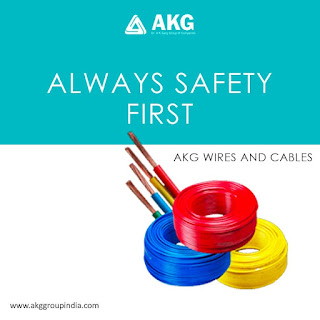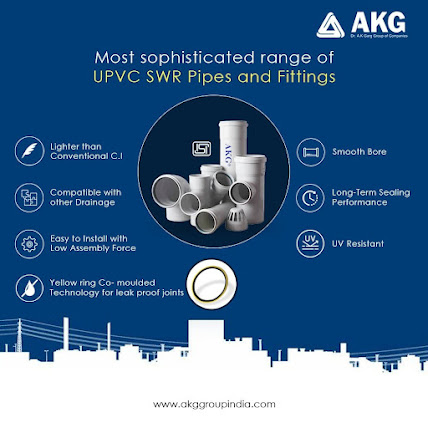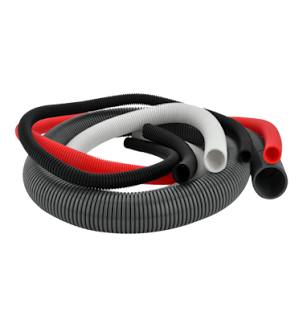Advantages of Multicore Cables over Single Core Cable
There are two types of electrical cables: single-core cables and multicore cables. These are used everywhere in factories, roads, and homes or malls. Cables have many applications which can make them useful. Single-core cables may or may not be seen to everyone as these are in a trench, but multicore cables can be visible on walls and ceilings. Here we will see the difference between these two cables and explain the advantages of multicore cables over single-core cables. Different types of multicore cable manufacturer deal in this sector.
Single-core cables:
As their name suggests, they have a single conductor. These cables consist of copper or aluminum insulation. Small-diameter cables are much more flexible than large-diameter cables. These are primarily used in homes and for commercial purposes. Single-core cables transfer electric power from one point to another and control the risk of electromagnetic interference. Shielded cables also reduce the risk of EMI. Single-core cables manufacture the shielded cables. These cables are also named braided cables. These help to prevent external forces without any disturbance to their functions.
Multicore cables:
Most use of multicore cables can be due to the high demand for power and industrial projects. Most professionals get confused due to multicore cable sizes. Multicore Cable Manufacturer supplies the cables having multiple cores collectively inside a jacket. But not every cable needs to have multicores inside its jacket. It can make them confused. Multicore cables give more flexibility and cover less space than single-core cables. These can be preferred mainly by industrialists as well as commercialists. Multicore cables distribute analog and digital signals and power distribution from one point to another.
Advantages of Multicore cables over single-core cables:
- Most electricians prefer multicore cables over single-core cables due to their space and functions. Multicore cables can be used for multiple tasks in a single cable while separate single cables for each operation in the single-core line.
- The use of Multicore cables is due to their space function. Install a 2 mm single-core cable with three different tasks, and you need three other wires in some small space. But with the use of multicore cables, only one cable is sufficient to install.
- Multicore cables are more flexible than single-core cables. It requires bending and twisting at the time of installation. Using single-core wires will make it difficult to operate their function, and single wires don’t have bending ability. On the other hand, multicore cables increase the ability to give better service and also bear stress during installation due to their flexibility.
- Multicore cables are high-performance cables as compared to single-core cables. Multicore cables can adjust in a small space due to their high performance and flexibility. On the other hand, single-core cables do not have these properties, and hence single-core cables work as low-performance cables.
- Multicore cables are corrosion resistant, which increases their life. Due to corrosion, lines can get damaged in a short time, and this reduces their longevity. Single-core cables can get corroded, making them easily damaged and reducing their life span. So multicore cables are mainly used to increase the life span of wires.



Comments